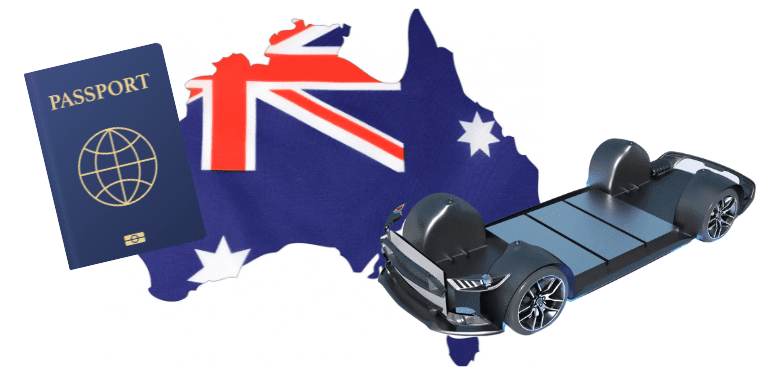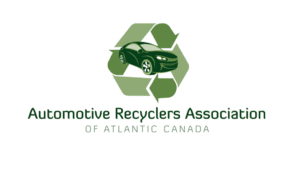Canberra, Australia – Discussions amongst the Australian federal government have heard calls for the introduction of a ‘passport’ for electric vehicle (EV) batteries in Australia. This comes after concerns that the country’s battery recycling industry may not be ready for an increase in battery waste.
The Australian Associated Press reports that this week’s Transition to Electric Vehicles inquiry heard calls for Australia to adopt battery passports, similar to ones that will be required in Europe as of February 2027.
Battery passports are linked to a car’s Vehicle Identification Number (VIN), and provide information like where its materials come from and who was involved in the power pack’s production throughout the supply chain.
According to the AAP report, the introduction of EV battery passports would allow the packs to be labelled for streamlined and safe handling at end of life.
Representatives in the automotive and recycling industry voiced their concerns about the situation, suggesting the federal government may have as little as six years before the issue of EV batteries becomes a significant challenge. This is due to the rising number of EV sales, which has seen EVs rise to account for approximately eight percent of new car sales.
The inquiry is reportedly investigating various parts of the transition to EVs, including the impact of these vehicles on the electricity grid, opportunities to save fuel and battery manufacturing and recycling.
Suzanne Toumbourou, CEO of the Australian Council of Recycling, says that recycling facilities are already under the pump with limited collection points and a lack of regulation regarding battery recycling.
“The recycling and the waste sector… are in crisis relating to incorrectly disposed-of-batteries that cause fires in all types of facilities,” Toumbourou said.
“All batteries, including EV batteries, must be regulated.”
Laurissa Mirabelli, Polestar Australia’s head of PR and communications, says Australian facilities are already able to extract valuable “black mass” from batteries, which contain metals like lithium, cobalt and graphite. However, they are unable to process the material locally.
“It’s about transparency for customers,” Mirabelli said.
“There is no standard way of establishing the climate impact of a battery or how you’re sourcing any of the materials in the battery (in Australia), which is why the EU battery passport would be a really good standard for us to adopt here.”
Reports say that a facility in the Australian state of Victoria has already started recycling EV batteries, although only into black mass for export.
The inquiry is expected to incorporate public hearings in Melbourne, Brisbane and Canberra.























